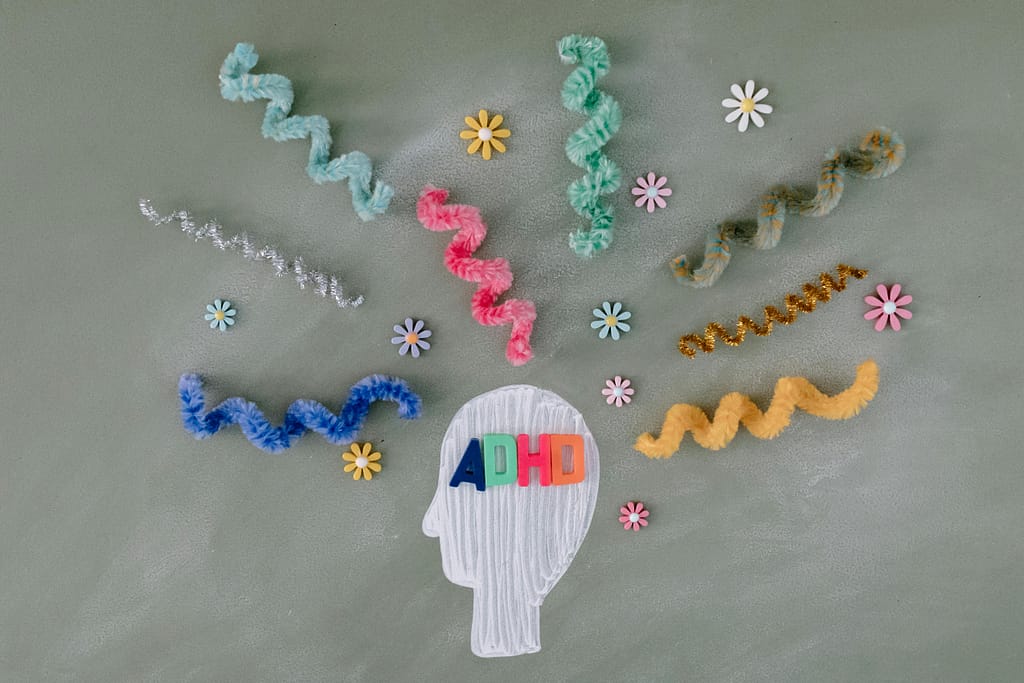Many people carry invisible burdens that affect every aspect of life, from mood and decision-making to energy levels and relationships. Mental health challenges can develop gradually, sometimes without clear triggers, leaving individuals feeling isolated or overwhelmed. Reaching out for support can feel daunting, but taking that step reflects courage, self-awareness, and a commitment to personal growth.
Acknowledging struggles allows space for healing and healthier coping mechanisms. Choosing to seek guidance demonstrates strength because it shows a willingness to face difficulties rather than remain trapped by them. Individuals who embrace support often notice greater clarity, resilience, and balance in their daily lives.
Recognizing Personal Limits
Understanding and respecting personal limits is a key step toward maintaining mental and emotional well-being. Many people try to manage everything on their own, but this approach can lead to burnout and increased stress when facing challenges of ADHD in women, which often involve balancing attention, organization, and emotional regulation. Acknowledging when help is needed reflects self-awareness rather than weakness.
It allows individuals to create realistic expectations, set boundaries, and prioritize tasks more effectively. Recognizing limits opens the door to seeking guidance, adopting strategies for coping, and developing healthier routines. Accepting personal boundaries supports long-term stability, focus, and quality of life.
Breaking Long-Standing Stigmas
Social expectations have historically discouraged open conversations about mental health, creating stigma and fear. Many people are taught to conceal struggles, avoid vulnerability, or manage discomfort alone. Choosing to seek support challenges these outdated norms and sets an example for others.
Each person who prioritizes mental well-being encourages broader acceptance and understanding, helping communities become more compassionate. Overcoming stigma makes it easier to speak honestly with friends, family, or colleagues, fostering stronger connections. By confronting societal misconceptions, individuals take control of their own healing and contribute to a culture where emotional health is normalized rather than judged.
Building Lasting Resilience
Working with a mental health professional provides tools and strategies for managing stress, controlling intrusive thoughts, and responding to challenges constructively. These techniques can include mindfulness, cognitive strategies, and structured routines that strengthen coping abilities. With consistent practice, individuals develop resilience that enables them to navigate setbacks without being overwhelmed.
Seeking help demonstrates a commitment to long-term growth, not a temporary fix. Emotional resilience cultivated through support allows people to face uncertainty with confidence and adapt to change more effectively. This foundation improves problem-solving skills, reduces emotional volatility, and enhances quality of life.
Strengthening Relationships
Emotional well-being has a direct impact on the quality of relationships. Mental health challenges can strain communication, create tension, and limit the ability to connect meaningfully with others. Seeking support helps individuals process emotions, manage stress, and communicate more clearly.
Relationships with family, friends, and colleagues often improve. Loved ones may respond with greater understanding and patience when they see someone actively working on their wellbeing.
Addressing internal struggles fosters empathy, trust, and mutual respect in interpersonal interactions. Strengthened relationships provide additional emotional support, creating a reinforcing cycle of wellbeing and connection.
Improving Daily Functioning
Mental health struggles often affect everyday routines, from sleep patterns and energy levels to focus and productivity. Feeling overwhelmed can make even simple tasks feel impossible, leading to frustration and decreased confidence. Seeking professional guidance offers structured support and practical strategies for managing daily responsibilities.
Establishing routines, prioritizing self-care, and learning coping techniques improve concentration, energy management, and time organization. As individuals experience relief from emotional strain, they regain a sense of control over daily life. Improved functioning in work, school, or personal responsibilities creates positive momentum, reinforcing the value of reaching out for support.
Empowering Personal Growth
Support from mental health professionals encourages reflection, self-awareness, and the development of healthier habits. Individuals gain insight into personal triggers, behavioral patterns, and emotional responses, allowing them to make informed choices. This awareness promotes growth, self-confidence, and independence.
Seeking help empowers people to identify goals, create action plans, and build a more fulfilling life. Embracing support demonstrates courage because it requires confronting challenges that may have been avoided for years. Personal growth achieved through guidance strengthens identity, promotes resilience, and highlights the transformative potential of asking for help when it is needed.
Reaching out for mental health support is a powerful demonstration of strength and self-respect. It creates opportunities for clarity, resilience, and healthier relationships, while challenging societal stigma.
Every person who takes this step moves closer to balance, self-awareness, and sustainable emotional well-being. Seeking guidance proves that courage is not defined by facing challenges alone, but by recognizing when support is necessary and taking action to create a stronger, healthier life.
Published by HOLR Magazine.




